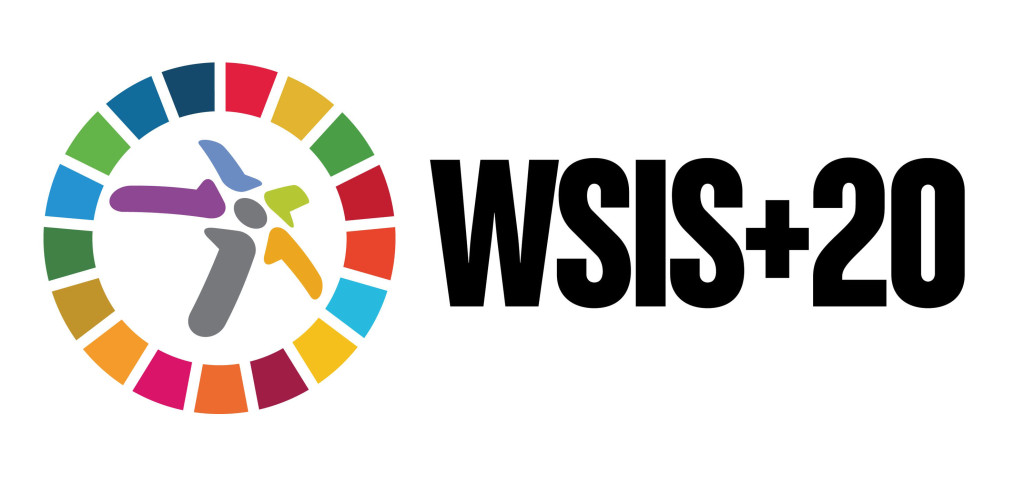GDRC-WSIS statment urges stronger human rights safeguards in WSIS+20 Revision
While acknowledging that Revision 1 preserves key commitments to multistakeholder participation, international human rights law, and inclusion, the coalition warns that several protections have been weakened. It calls for restoring stronger safeguards against intrusive surveillance, protecting encryption and anonymity tools, reinforcing private-sector human rights due diligence, and addressing environmental and AI-related risks more directly.

The Global Digital Rights Coalition for WSIS (GDRC-WSIS) has released a consensus statement calling on UN member states and WSIS+20 co-facilitators to reinforce the human rights foundations of the revised WSIS+20 outcome document. The coalition, which includes organisations such as Access Now, APC, ARTICLE 19, ECNL, Paradigm Initiative, Research ICT Africa, and Global Partners Digital, argues that the current draft retains positive language but requires stronger guarantees to ensure rights-respecting digital governance over the next decade.
The coalition welcomes elements already present in Revision 1, including commitments to multistakeholder participation, explicit references to international human rights law, and recognition of the obligations of states and responsibilities of private actors in the governance of digital technologies. Provisions on gender equality, inclusion, protection of vulnerable groups, and media independence are also acknowledged as essential for preserving the WSIS vision of a people-centred and development-oriented Information Society.
However, GDRC-WSIS emphasises that several protections have been weakened or removed compared with the Zero Draft. The coalition calls for reinstating and strengthening language that prohibits the use of digital technologies fundamentally incompatible with human rights, rejects intrusive or disproportionate surveillance practices, and safeguards encryption and anonymity tools. It further recommends clearer obligations for companies to conduct human rights due diligence in line with the UN Guiding Principles on Business and Human Rights.
The statement also highlights gaps in the sections addressing environmental impacts and AI. It recommends adding global standards for reporting the resource use and environmental footprint of AI systems, restoring commitments on e-waste management under the Basel Convention, and acknowledging the potential labour, rights, and democratic risks associated with AI deployment. The coalition endorses a precautionary approach to AI governance and urges Member States to refrain from using systems that cannot comply with international human rights law.
In its institutional recommendations, GDRC-WSIS calls for a clearer role for the Office of the High Commissioner for Human Rights in shaping and assessing WSIS Action Line implementation. It also encourages the WSIS+20 co-facilitators to apply more transparent and inclusive working methods, echoing earlier cross-stakeholder proposals urging open observation of intergovernmental meetings and structured public consultations.
The coalition stresses that the final WSIS+20 outcome must reinforce, not dilute, the human rights commitments that underpin the Information Society framework. As negotiations enter their final stage, the statement positions human rights, accountability, and meaningful multistakeholder engagement as essential to meeting the challenges of the next decade of digital governance.


